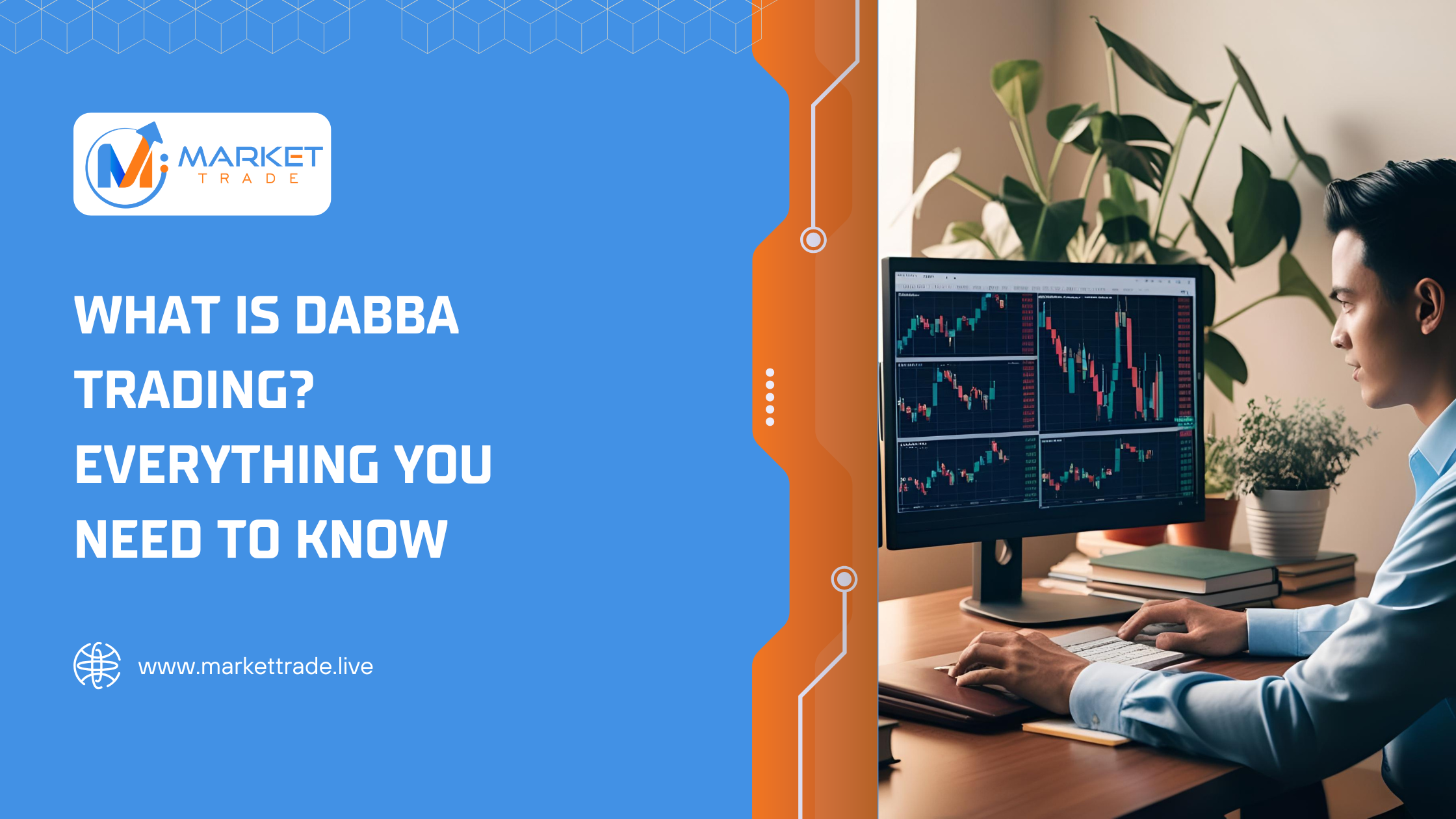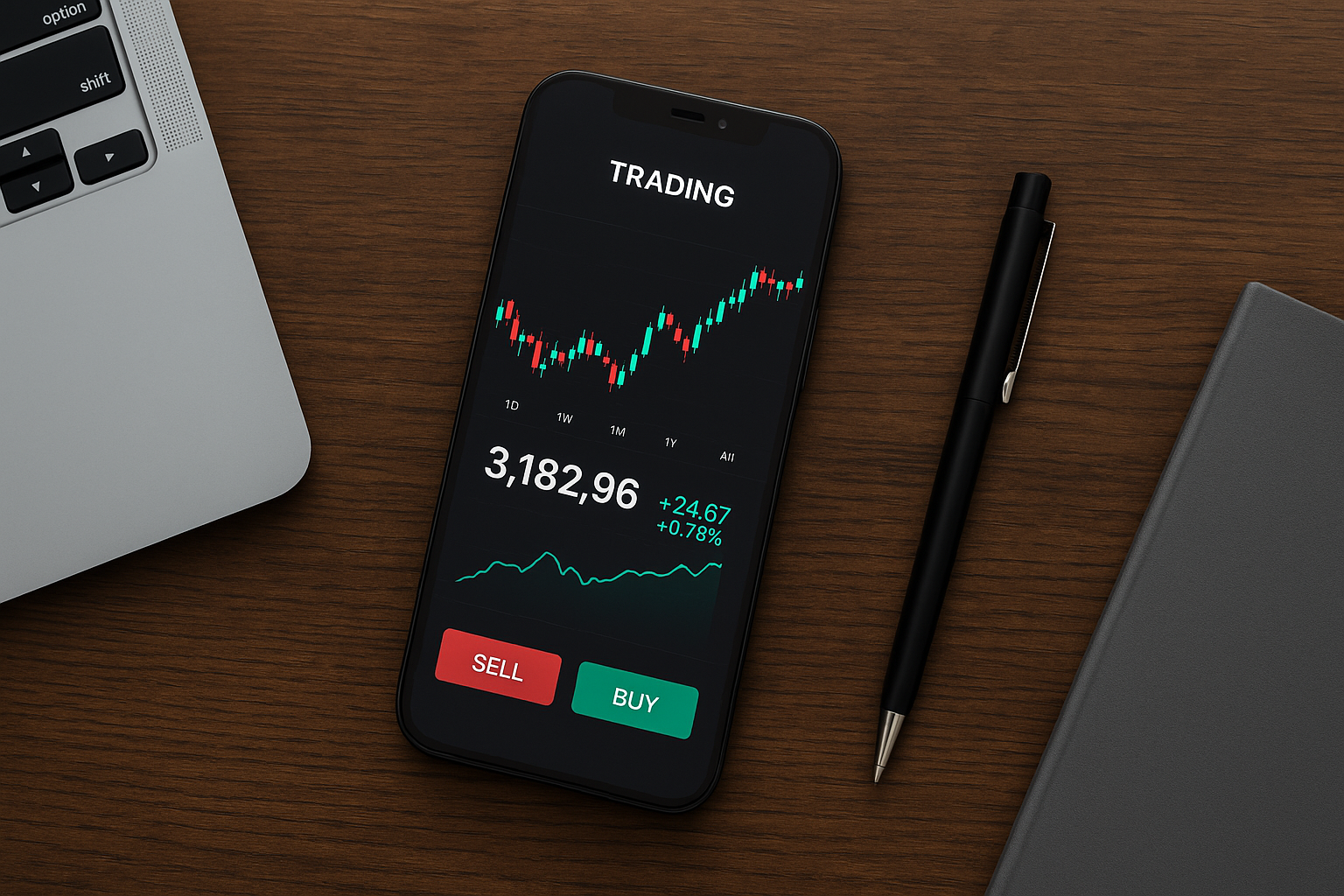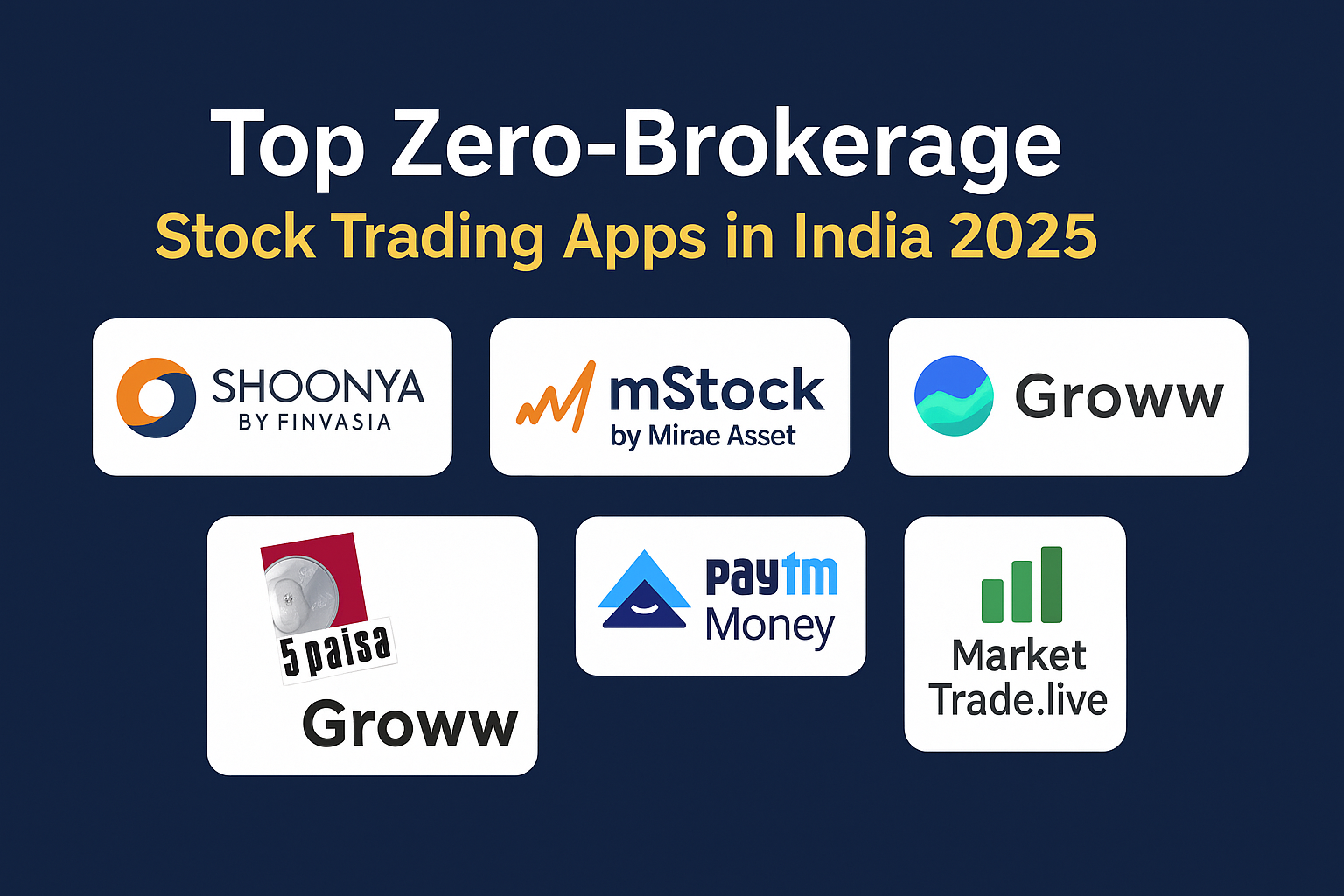
India’s financial sector has rapidly evolved over the past two decades, driven by digital adoption, increasing retail participation, and proactive regulatory measures. Amid this progress, one unconventional practice—Dabba trading—continues to draw attention. Though unregulated and often discussed for its legal ambiguities, Dabba trading in India reveals a deeper insight: there’s a significant appetite for accessible, fast, and low-cost trading solutions across the country. This blog explores how the underlying demand behind Dabba trading can inspire meaningful transformation, leading to financial innovation in India, especially in smaller towns and among underbanked populations. Could the popularity of this informal system point to untapped opportunities in the formal financial sector? Let’s dive in. What is Dabba Trading? Dabba trading refers to the practice of executing trades outside official stock exchanges like the NSE or BSE. These trades do not go through a SEBI-registered broker or clearinghouse. Instead, they occur off the books, with settlements managed privately between parties. Although currently outside the legal boundaries set by financial regulators, the model is highly efficient, personalized, and designed for ease of use—qualities that formal systems are also aspiring to enhance. Why Dabba Trading Attracts Interest Rather than viewing Dabba trading in India only through a negative lens, it’s worth asking: why does it exist in the first place? What does it offer that traditional platforms might be missing? The answers to these questions open up positive possibilities. 1. Low Entry Barriers Dabba trading operates without extensive documentation or regulatory procedures. It appeals to newcomers who may find conventional platforms intimidating. 2. High Speed and Accessibility Transactions are quick and often happen via calls, messages, or even simple mobile apps. This level of agility is admired by traders who value speed and convenience. 3. Local Connect and Personal Trust In many regions, people prefer personal relationships when dealing with money. Dabba operators provide that human touch—something that fintech platforms can learn from. 4. Flexible Payment Models The informal nature allows flexible settlements. While not suitable in the long term, this flexibility points to the growing demand for more adaptable financial services. Opportunities for Innovation Inspired by Dabba Trading By understanding what makes Dabba trading in India attractive, regulated players can evolve to serve the same needs—legally, safely, and inclusively. Here are some opportunities where financial innovation in India can flourish: 1. Simplifying User Experience If Dabba trading succeeds due to ease of use, formal platforms can follow suit by designing intuitive, mobile-first interfaces with vernacular support and guided journeys for new users. Opportunity: Develop regional language-based trading apps that simplify financial jargon and offer voice support for first-time investors. 2. Creating Low-Cost Trading Models Cost remains a significant barrier for small investors. Dabba trading sidesteps regulatory costs—but fintech can legally replicate cost-efficiency using technology-driven models. Opportunity: Broking models with zero account fees, flat pricing, or reward-based micro-investing can draw in those looking for value. 3. Expanding to Rural Markets Many Dabba users come from Tier 2 and Tier 3 cities. This points to an enormous potential market that wants to invest but lacks access. Opportunity: Rural-focused fintech platforms that offer simplified onboarding, education, and low-cost transactions can bridge this gap. 4. Reimagining Trust and Personalization The personalized service in Dabba systems creates a high-trust ecosystem. Fintech can emulate this by offering relationship-based advisory services powered by AI. Opportunity: Build tools that combine the trust of personal touch with the scalability of tech—like local fintech agents or AI-powered assistants in local languages. Driving Financial Literacy Through Innovation One of the key insights from the rise of Dabba trading in India is the need for better awareness and education. Many investors turn to informal channels due to a lack of understanding of the formal systems. How Fintech Can Help: By making financial knowledge engaging and easy to access, India’s financial inclusion goals can move faster and more meaningfully. Leveraging Technology Inspired by Dabba Operations Interestingly, many Dabba trading operators are now using modern tech to manage trades: Telegram bots, WhatsApp trading rooms, mirror terminals, and offshore servers. These setups, while informal, are creative and efficient. This presents a question: Can the same technology be repurposed for legal, impactful innovation in India’s financial sector? The Answer: Yes. Potential Ideas: Regulatory Support for Safe Innovation The government and SEBI have already introduced regulatory sandboxes to encourage experimentation. This is a perfect opportunity to channel the demand behind Dabba trading into next-gen legal trading solutions. What Can Be Built in the Sandbox? The idea is to blend innovation with safety, taking inspiration from the accessibility of Dabba platforms while ensuring every investor is protected. Success Stories That Show the Way Zerodha and the Rise of Discount Broking Zerodha disrupted traditional brokerage models by eliminating hefty commissions and focusing on user-friendly design. This approach—originally built for the average tech-savvy urban investor—eventually started attracting the same crowd that might have turned to Dabba markets. Lesson: When formal platforms become as easy and cost-effective as informal ones, users switch to the legal ecosystem. Paytm Money, Groww, and Smallcase These platforms offer simple, transparent, and low-cost access to stocks, mutual funds, and portfolios. Their mobile-first approach and low documentation requirements show that legal trading can be easy too. Encouraging Rural Fintech Startups The unmet demand reflected in Dabba trading in India can be a rallying cry for rural-focused fintech entrepreneurs. Support Needed: By creating products that speak the language of the common investor, startups can lead the next wave of inclusive financial innovation in India. Looking Ahead: A Positive Vision The continued relevance of Dabba trading isn’t a threat—it’s an insight. It reveals what people want: If India’s financial ecosystem listens carefully, these demands can be met through legal, innovative, and accessible platforms. Conclusion: Turning Challenges into Innovation Dabba trading in India, while not legally permissible, offers a mirror to the gaps and unmet needs within our financial system. By embracing what makes it appealing—low cost, ease of access, and personal trust—India’s fintech sector can build solutions that are better, smarter, and inclusive for












